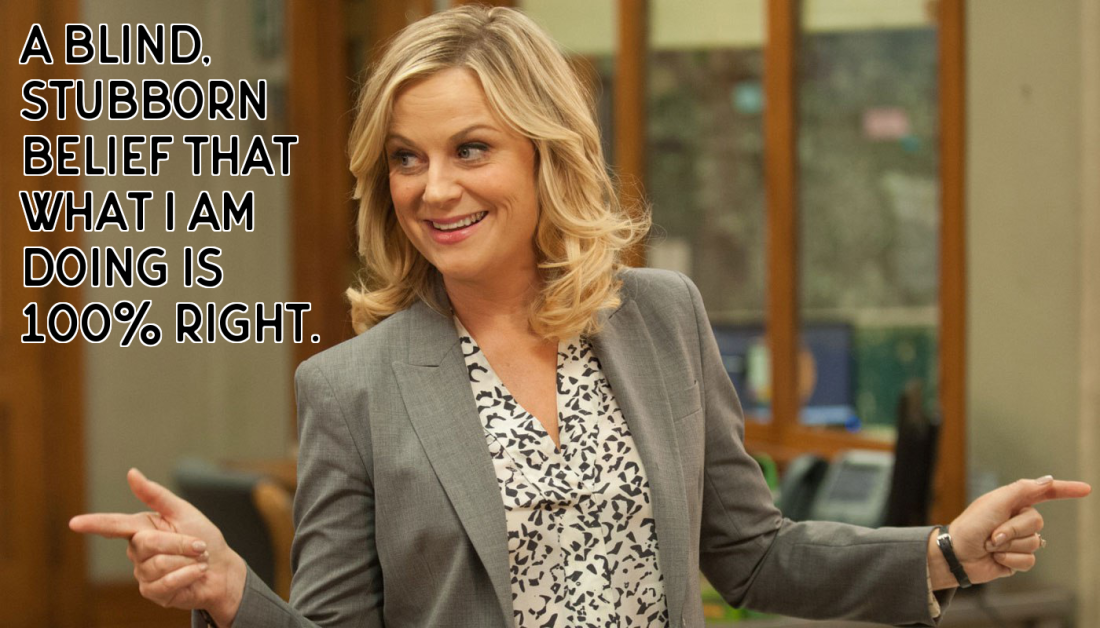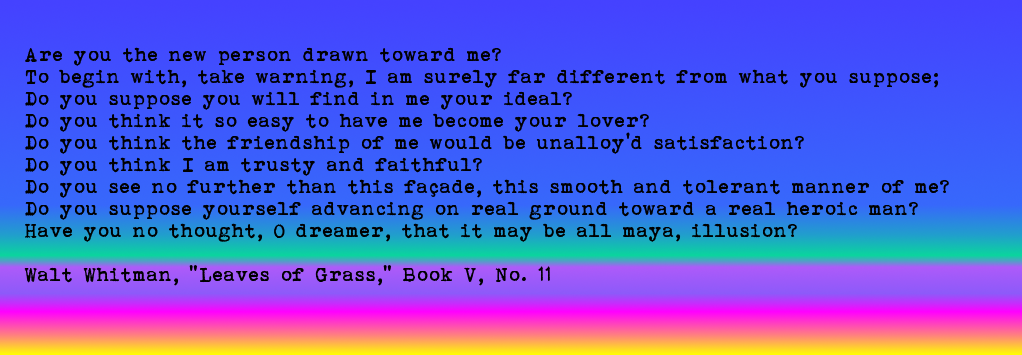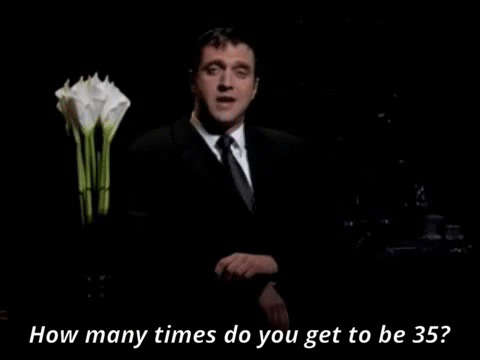You didn’t see my valentine
I sent it via pantomime
While you were watchin’ someone else
I stared at you and cut myself
It’s all I’ll do ‘cause I’m not free
A fugitive too dull too flee
I’m amorous but out of reach
A still-life drawing of a peach– Fiona Apple, “Valentine” from The Idler Wheel (2012)
 One of the depressing aspects of being single in your mid-30s is that virtually everyone else you know is probably in some manner of relationship by this point. You’ve become the token single friend.
One of the depressing aspects of being single in your mid-30s is that virtually everyone else you know is probably in some manner of relationship by this point. You’ve become the token single friend.
And it sometimes goes like this:
You had a close group of friends. They’d make plans for Tuesday nights; go on outings to apple orchards or see a film; get together to play games or make dinner a few nights a month. You feel a sense of kinship and belonging here.
Then, gradually, everyone starts to pair off. Maybe a few people in the group start dating or find partners outside the group who then Yoko their way into the fold.
You progressively find yourself more on the outside. Activities become couples-oriented since you’re pretty much the only person who isn’t dating or married now.
They ask if you’re seeing or interested in anyone and you watch them exchange worried glances when you say “no.”
Eventually they start doing couples-only dinners and get-togethers.
You find out about plans after the fact because so-and-so forgot to include you on the group email/chat (but they “totally didn’t mean to leave you out”), but you feel increasingly out of place and othered when they do invite you to do things.
Wedding follows wedding like supernovas going off in a star cluster. You get invited to some, always RSVP’ing for one; are part of the wedding party in some and a musician in others. At receptions, you get seated with random family members or the other misfits who don’t know anyone else there.
People start having children and soon their lives have room for only other parents and families. Talk involves school, vacation plans, sickness, and other familial things. You “wouldn’t understand until you have children of your own.”
When you do get together with someone from the old group, you both feel like such different people, with little in common. It’s like being on an awkward first date.
You didn’t really know how to say anything to prevent it, but somewhere in there you fell through the cracks.
Of course, none of this was intentional. People change as life circumstances change.
Their personal life choices are shaped by the considerations of another’s. Yours are not.
Their sleep is interrupted by their bed partner snoring or a child crying. Yours is not.
They have to coordinate multiple family schedules over the holidays. You have just one family to deal with, yet even those feel lonelier as your siblings and cousins get married.
Le temps passe.
This is the world in which I increasingly find myself. I had such a group of friends after college that gradually dissolved as people started dating and getting married. Our ties, too, dissolved.
In some ways, I feel like a human talisman who brings romantic fortune into the lives of people I’m close to. Every flatmate I’ve had started dating their current partner shortly after we moved in together.
A new friend group forms and the cycle repeats.
This matchmaking power seems to work for everyone else but me.
However, I don’t know if it’s they who change towards me or me towards them. Maybe a bit of both, with my anxiety backseat driving.
And one truth I’d rather not admit to is my inferiority complex around those who are in relationships. I feel I’m somehow not as mature or put together in their presence, like I should have achieved the same things and haven’t, and am therefore not as worthy.
One way this manifests is with guys I’ve long held a torch for, despite all evidence to the contrary that anything would ever come of it.
My response when they inevitably start dating someone is to withdraw and tacitly cut them out of my life, or limit contact to occasionally commenting on or liking a social media post that isn’t of him and the new girlfriend (and hiding those that do).
This just happened with a guy who I’ve known for a couple years—and on whom I’ve been crushing for some time. I’ve never said anything since he’s insisted that he’s 100% heterosexual, and didn’t want to jeopardize the friendship by having that conversation, make everything totally awkward, and in all likelihood lose the friendship.
The crazy thing is I always know this will be the outcome; disappointment is inevitable. It happens over and over because it seems I have zero control over who I’m attracted to. It’s always hetero or bi guys who aren’t interested in me that way.
This is unfortunately how demisexuality works. My brain and conscious mind are in separate departments and never consult each other. So it’s a perennial hazard that, despite ourselves, we tend to fall for friends or people with whom we’re close.
He posted the relationship status last week so I’m faced again with the choice of whether to protect myself and preemptively distance myself before he, too, drifts away; or break the cycle and find an emotionally healthy, mature way to proceed?
In light of all this, I have been asking myself two questions:
- Why do I care so much about this?
- What exactly do I want/expect from a relationship?
The second question is probably the more important one, but the answer to the first is, again, the intense desire and need for the permanent, secure home I lacked as a child. The emotionally violent reactions I experience to rejection or disappointment is the raw, unregulated response of that child to pain and the fear of abandonment.
We learn how to deal with stress and disappointment from watching how our parents react. As the first born, my mom especially treated scrapes and bruises as if I’d been shot. So instead of being shown how to calmly assess a situation and its actual seriousness, I learned to go into fight mode to protect myself.
In other words, I developed anxious-resistant attachment.
Thus, the need for learning to reparent myself to become more secure.



 What does it actually mean to be gay—aside from being attracted to other men (which I tend to think of as the defining criteria)?
What does it actually mean to be gay—aside from being attracted to other men (which I tend to think of as the defining criteria)? This past weekend I attended a four-day mini gaming convention with some friends of mine. It’s a biannual event, with one in the spring and one in the fall. The spring one is usually smaller, but it’s still a bit of a stretch for this
This past weekend I attended a four-day mini gaming convention with some friends of mine. It’s a biannual event, with one in the spring and one in the fall. The spring one is usually smaller, but it’s still a bit of a stretch for this  Hi, friends.
Hi, friends.

 *tap tap tap* Is this thing still on? Anyone out there?
*tap tap tap* Is this thing still on? Anyone out there?


 I finally scheduled an AD/HD assessment for myself. That’s the good news.
I finally scheduled an AD/HD assessment for myself. That’s the good news.

